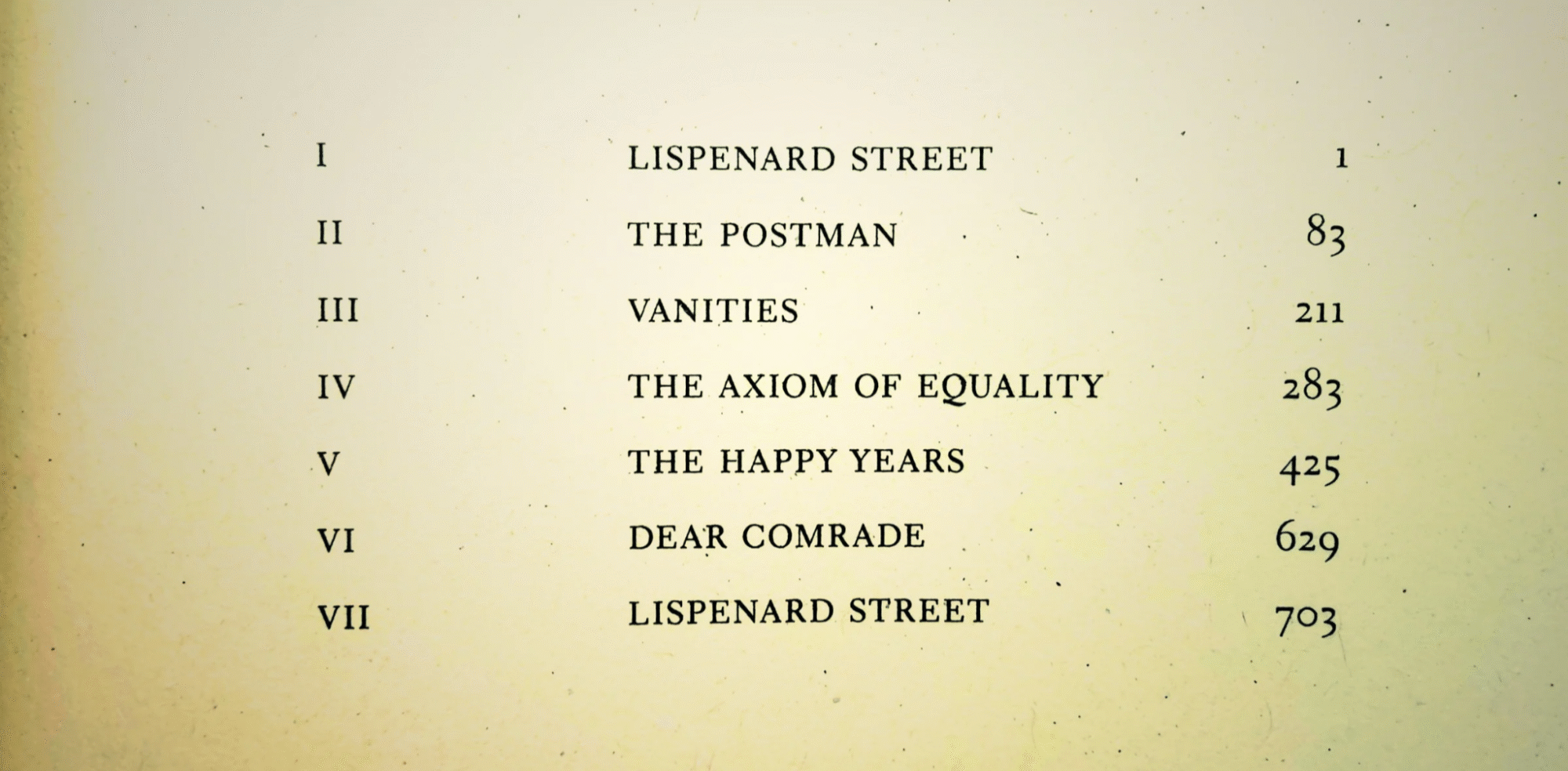Rarely does one come across a story that contains everything humane, the worst and the best, somewhat a piece of extremism if you may put a label on it, there was a quote in a movie I once saw, ‘People read to find the happiness in stories, because they lack it in real life.’, which is true, the reason we need to read, primarily is entertainment, but if the wants of the reader contain something as destructive as ‘A LITTLE LIFE’, it makes one wonder, what could be bigger than entertainment? It couldn’t simply be entertainment that is rested upon the stilts of consumer taste, it has to be more and that extension of entertainment is ESCAPE. Do we escape because our life is terrible? Yes. Do we escape because the character’s life is much more beautiful than ours? Yes. But—but—Do we read for the art, the expression, the structure, the writing, the flow, the imagination? Oh, yes, we do.
Now, there are rare perfect stories, but there are more writers than the number of stories, who break us, till the very last chapter, they shatter everything that holds us together and gives us a new perspective on life—that we could have had it worse, they make us forget that line between reality and fantasy, we feel glee when the hero ends with the fairy, but when we are capable of crying and tracing the lines with tears, the brutalist extension of happiness is rewarded with that one last chapter when everything falls into place, where you finally find the reason to the torture.
Although, there is someone to blame, yet, the pointer is on everyone. Broken artists, sad characters, damaged pasts and destructed futures with a lonesome underlining sell, which is ironic, millions of readers and a single character. We all know it quite well and some of us believe that no writer is capable of describing happiness as they are of sadness. The portrayal of sadness is the peak of artistry and description of happiness satisfying romanticism, today it is hard for the people, more like for our generation to read something joyous and celebrate it, they need to read pathetic characters to make themselves believe that this is as good as it gets and they are doing nothing wrong. Modernism, as good as it is, is a charring coal meant to burn more than fuel.
Ours is a little life, but the book as damaging as it is, is cruelly romanticised.
The book begins as if Poverty is going to be the biggest of the problems the characters face, by looking for an apartment in New York. Jude, the protagonist, faces such struggles in his life that are disclosed over the course of the book, some moments being so excruciating, it’s hard to read further. The book also ends in a terrible way, so by all means, do not consider this a positively put together point of view. I would not—will not, wish this book upon my worst enemy. BUT, also do not consider this as my displease, because I believe this book is one of the most beautiful pieces of literature to exist. Now, when one reads this, it often crosses the mind whether Hanya herself would have faced this, she denies it and lives happily in New York. She is also not one to hold a good reputation amongst the LGBTQIA+ community, they do not wish an inaccurate representation of themselves by a woman in a widely celebrated book.
New York – a being as human as I
One of the most raw and real things about this book that is hard to disagree with is the New York life. Yes, why indeed it is that depressing. The drugs, the art scene, the dullness of a job on the top floor of a corporate building and the seething insects and humans co-living in an alley so invisible you most definitely could be non-existent.
Axiom of Equality
Mathematics. Numbers to some provide them a soul, a reason to live, because in Mathematics they find beauty, unattainability, that they wish to achieve. Xs and Ys create a phantom universe in which one loses oneself, but then when that calculation applies to life, the problem solver is torn and the reader begs. Begs for x=y. X=Y. X=Y they scream.
A Little Vs The Life
Some readers believe that Jude is the villain, the incapability to live is villainous and the book is unreal. These readers think that Jude is to blame, it’s like he wants to be unhappy, like he is trying everything in his physical capacity to get into those situations. Here, JUDE is the FLAW.
And then there are people like me, who understand that people like Jude turn into magnets to people who scrape the hardest surfaces to feel the prick of vulnerability, it’s a high, to exploit is a drug, the prick is an addiction. It must be hard to imagine the hate that comes from within when you have never felt an ounce of love, the fear and the unannounced thoughts they live with. Some people face these scenarios, the unthinkable. You can’t blame them when they stop trying.
‘A Little’ is the view of an analyst, ‘The Life’ is the view of an empathizer.
The Vendetta
There is one thing that everyone agrees on, the book seems like a vendetta against the reader, that people just aren’t supposed to be happy.
This vendetta demands a new view on mental health, how do you help the person whose life is unfathomable, to whom living is an alien concept?
The unfathomable
A Little Life.
